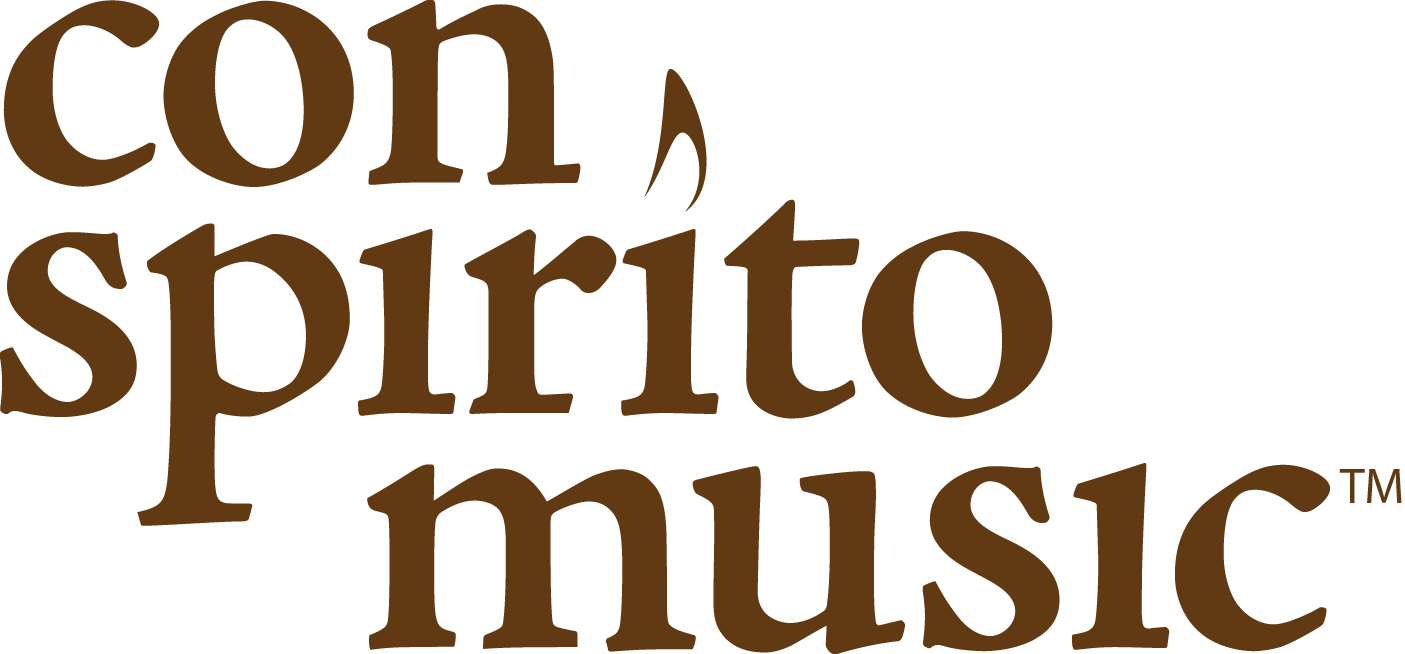Past Three O’Clock (or “Past Three A Clock”) is a Christmas carol loosely based on the traditional cry of the city night watchman, set to the English traditional tune, “London Waits.”
The tune and its refrain (“Past three o’clock, And a cold, frosty morning. Past three o’clock; Good morrow, masters all!”) have been known since the Renaissance, and both were possibly used by London’s waits (also “waites” or “waytes”). According to the Encyclopaedia Brittanica (1911):
“The earliest waits (those of the 14th and 15th centuries) were simply watchmen who sounded horns or even played a tune on a flute or flageolet to mark the hours. This appears to have been known as ‘piping the watch….’ The duties of the London waits, which included playing before the mayor during his annual progress through the streets and at city dinners, seem to have been typical of all 16th- and 17th-century city waits. The London waits had a special uniform of blue gowns with red sleeves and caps, and wore a silver collar or chain round the neck. In the 18th and early 19th century the ordinary street watchmen appear to have arrogated to themselves the right to serenade householders at Christmas time, calling round on Boxing Day to receive a gratuity for their tunefulness as well as their watchfulness. When in 1829 their place as guardians of the city’s safety was taken by police, it was left for private individuals to keep up the custom.”
Today, the music and traditions of the waits live on through revival bands and organizations such as The International Guild of Town Pipers.
This arrangement of “Past Three O’Clock” features the Westminster Chimes (aka Westminster Quarters or Cambridge Quarters), the tune written for the clock tower at Cambridge in 1793, as introduction and in accompaniment.
Score, parts (Bb tpt. 1, Bb tpt. 2, F horn, tbn, tuba) — $12.99
See more Advent and Christmas Music for Brass Quintet | See all Brass Quintets
